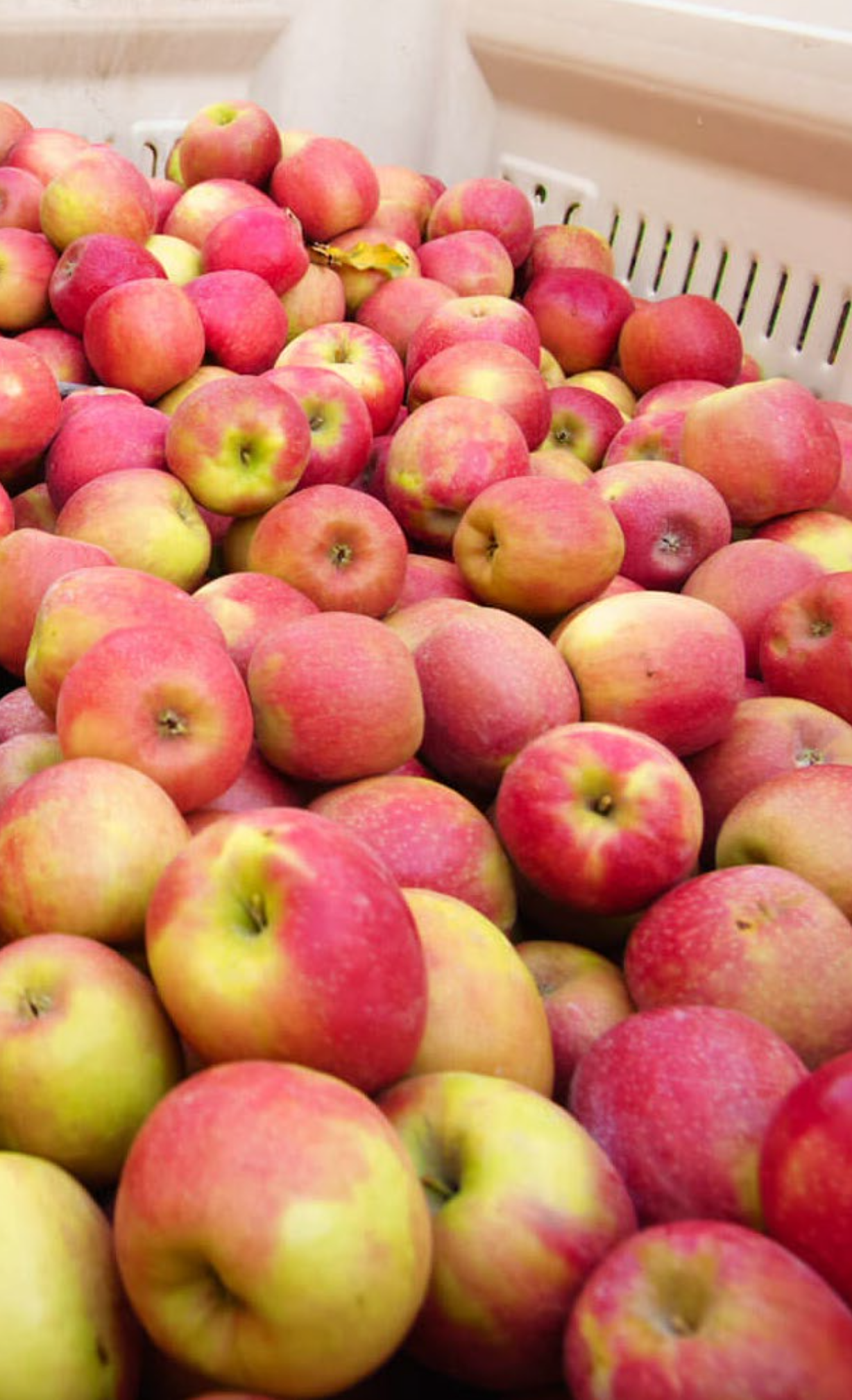There is still speculation that many of the larger buyers in both Europe and North America have significant open positions, and both producers and traders say they continue to receive requests for bigger volumes than what they can supply at present.
Most buyers were expecting lower pricing and would have stocked up earlier had they known that the market would be firm, say analysts.
With regards to the conflict in Ukraine and the impact on supply and demand in both countries, the uptake from Russia is likely to be reduced, but not to zero. Russia usually imports around 80,000 MT of apple juice concentrate each year. The Ukraine is a significant producer of high acid concentrate, supplying between 60,000-100,000 MT to the market in recent years. It is unlikely that producers will be able to export via Odessa and will only be able to transport small volumes via road networks – even then it is reportedly difficult to find drums.
Last week saw a lifting of trade restrictions which now allows supplies of apple concentrate to be exported from Poland to Belarus. Overall, the global market is expected to be tight until supplies from the next crop in Poland arrive.
NEW CROP
Growing conditions are favorable in Poland, there have been no frosts and the blooms are occurring fine, although the industry sources in Europe say the bloom was delayed by around 2-3 weeks due to cold weather, which will result in a later start to the harvest. The initial indications on the size of the crop will be made soon after the flowering, however, analysts say they would need to see the usual “June fall” (a fruit drop that typically occurs in June) before any solid estimates can be made on production.
CHINA
Processors in China are reportedly struggling to find enough apples, which has led to fairly firm pricing for concentrate. The lack of supplies from the Ukraine will lead to North American buyers looking to China for extra volumes, but there are still significant problems with shipping juice from China due to COVID-19 restrictions and shipping backlogs.
